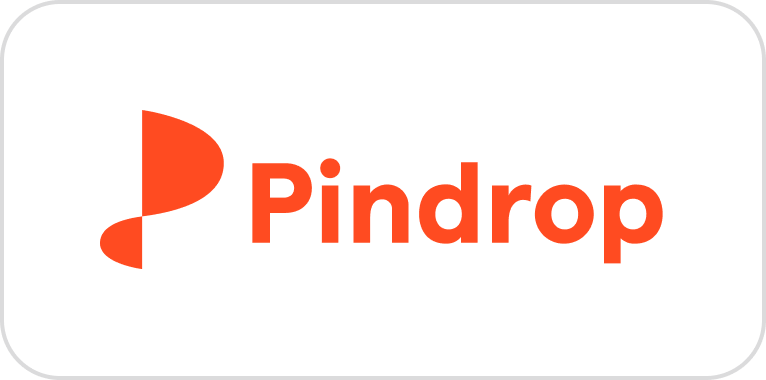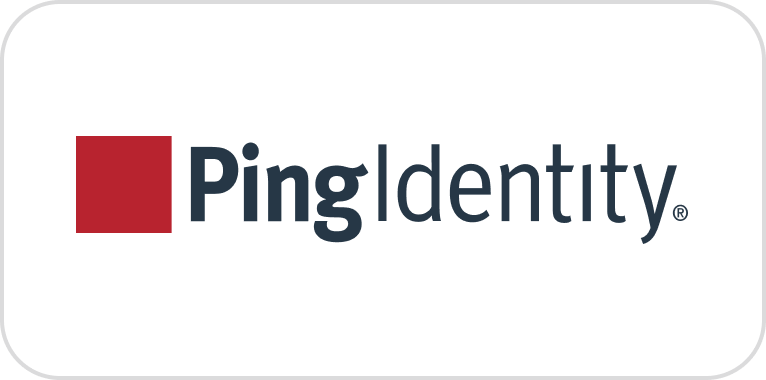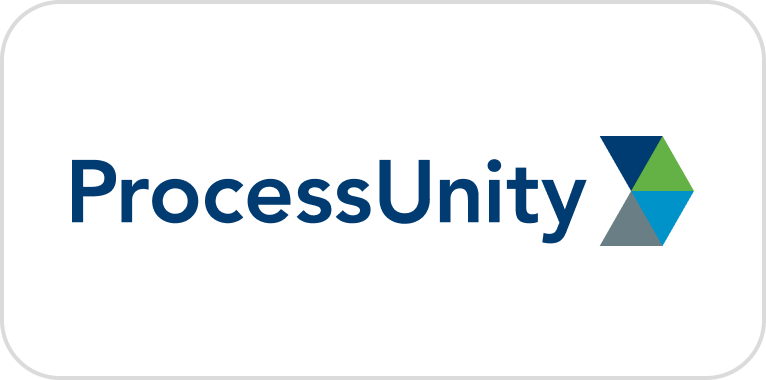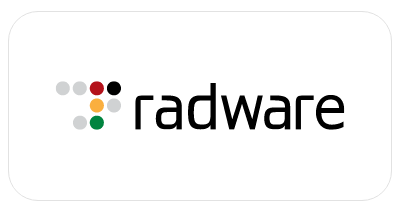Topic Highlights
CISA’s Vital Role in Safeguarding Healthcare Infrastructure
Generative AI in Cyber Healthcare
Essential Considerations for HIPAA Compliance and Data Protection
Updates and Enhancements to the HICP Guide

Join us for a pivotal day of advanced cybersecurity discussions and learning tailored for healthcare professionals. The summit features a unique tabletop exercise on Deep Fakes hosted by the United States Secret Service and CyberEdBoard, simulating a sophisticated cyber-attack to enhance strategic response and operational readiness.
Engage in transformative sessions on AI-powered threat detection, incident response strategies, and regulatory compliance. Our agenda is rich in insightful discussions and hands-on collaboration, providing invaluable insights and practical strategies for cybersecurity professionals.
This event is essential for CISOs and cybersecurity leaders aiming to deepen their understanding of emerging threats and innovative defense approaches in healthcare cybersecurity, equipping them with the knowledge and tools to enhance organizational resilience and stay ahead of evolving threats.
View our ISMG Event Experience video to see what your peers are saying about their participation.
285 Fulton Street, 64th Floor
NOTE: All requests to attend will be reviewed by event staff and approved based on professional qualifications and event capacity.
CISA’s Vital Role in Safeguarding Healthcare Infrastructure
Generative AI in Cyber Healthcare
Essential Considerations for HIPAA Compliance and Data Protection
Updates and Enhancements to the HICP Guide
ISMG Summits bring the foremost thought leaders and educators in the security space to the stage, interactive workshops and networking events. Learn from the “who’s who” in Cybersecurity passionate about the latest tools and technology to defend against threats
Start your day with an enlightening session with Riggi, who will explore the latest cyber threats impacting healthcare, including ransomware and data breaches. Gain insights into managing third-party risks, emerging regulations, and enhancing your incident response strategies to ensure resilient and secure healthcare delivery. Don’t miss this opportunity to hear from an esteemed thought leader during the keynote address.
ISMG Summits bring the foremost thought leaders and educators in the security space to the stage, at interactive workshops and networking events. Learn from the who’s who in the cybersecurity industry, passionate about the latest tools and technology to defend against threats.
Riggi will provide a comprehensive overview of the current threat environment, highlighting the impact of recent ransomware attacks and data breaches on patient safety and healthcare operations, as well as related emerging regulatory issues. He will emphasize the importance of managing third-party and supply chain risk in an interconnected ecosystem and share actionable strategies to enhance incident response capabilities. This session will equip healthcare CISOs with the knowledge and tools to bolster their defenses and ensure secure, resilient healthcare delivery.
Key Themes:
John Riggi, National Advisor for Cybersecurity & Risk, American Hospital
Association
Our survey results tell an important story: 87% of healthcare respondents anticipate that dynamic computing will enhance operational performance within the next three years. Yet, a similar number acknowledge the increased exposure to risk.
The 2024 LevelBlue research uncovered the relationships between the barriers to cyber and cybersecurity resilience and how the business prioritizes them.
You will learn:
• Why business and tech leaders alike need to prioritize cyber resilience.
• The critical barriers to cyber resilience.
• The challenges impacting cybersecurity resilience.
• The business context reveals the operational issues associated with prioritizing resilience.
• What’s on the horizon that may impact cyber resilience.
• And five steps for prioritizing cyber resilience in a changing landscape.
Theresa Lanowitz, Chief Evangelist, LevelBlue
Lynette Sherrill, Deputy Assistant Secretary of Information Security
& Chief Information Security Officer, U.S. Department of Veterans Affairs
Topics covered include:
Neal Quinn, Head of Cloud Security Services Business, Radware
Shasta Turney, Director of Solution Marketing, Ping Identity
This session will explore how information security leaders can future-proof their organizations’ security strategies by effectively integrating these comprehensive frameworks.
Our expert panel will cover meaningful strategies, emphasizing the importance of proactive measures in identifying and mitigating cyber threats. We will discuss how to integrate strategic initiatives and performance goals into existing security frameworks, ensuring organizations are prepared to meet the evolving cyber threat landscape. Additionally, attendees will learn effective methods for assessing and measuring progress, utilizing key metrics to track improvements and maintain robust cybersecurity defenses.
Key Takeaways:
Karen Habercoss, Chief Privacy Officer, UChicago Medicine
Greg Garcia, Executive Director, Health Sector Coordinating Council
Cybersecurity Working Group
Anahi Santiago, CISO, ChristianaCare
Puja Khare, VP for Legal, Regulatory, and Professional Affairs, Greater New York
Hospital Association
Shane Hasert, Director, Threat Research & Cybersecurity Standards, ProcessUnity
Patients rely on healthcare call centers for their most complicated issues and with requirements to protect PII and health records, healthcare providers must balance compliance, patient experience, and their own level of business risk. In this session, Pindrop will share how our healthcare customers are reducing fraud, protecting patient data, improving patient experience and lowering operational costs.
Sumant Mauskar, Senior Vice President, Sales and Global Partnerships, Pindrop
In this session, Semperis Northeast AVP Josh Wasserman explains why the ability to protect and quickly recover your core identity systems—Microsoft Active Directory (AD) and Entra ID, for most enterprise organizations—is vital to successful cyber disaster recovery. You’ll learn:
Josh Wasserman, Northeast Area Vice President, Semperis
From vulnerabilities in medical devices, to securing legacy systems and managing third-party risk, a single vulnerable link in your supply chain can compromise the security of your entire organization, posing significant risks to patient safety and data integrity. Recent cyberattacks against Change Healthcare, Philips and others exemplify the critical need for robust supply chain security measures, including comprehensive vendor risk assessments, securing medical devices and software, and the necessity of continuous monitoring and rigorous security protocols.
Recognition that each interaction and transaction within the supply chain can introduce potential risks is crucial for maintaining a comprehensive security framework. This session will take a deep dive into the many aspects of supply chain security, emphasizing a holistic approach to preventing, detecting, and mitigating threats to critical operations and delivery of care.
Key strategies to be explored include:
Hugo Lai, CISO, Temple University Health System
Errol Weiss, CSO, Health-ISAC
Christopher Frenz, AVP of IT Security, Mount Sinai South Nassau
John Banghart, Senior Director for Cybersecurity Services, Venable LLP
What You Will Gain From This Experience
Randy Guerette, HC Solutions Engineer, Claroty
Todd Felker, Executive Strategist, Healthcare, CrowdStrike
Matthew Oelsner, Network Intrusion Forensic Analyst, United States Secret Service
That briefing will be followed by discussion with our esteemed panel of experts, including Phil Englert, vice president of medical devices security at the Heath Information Sharing and Analysis Center.
This session will explore:
Aftin Ross, Deputy Director, Office of Readiness and Response, Office of Strategic
Partnerships & Technology Innovation, Center for Devices and Radiological Health
Phil Englert, VP, Medical Device Security, Health-ISAC
In this exclusive session, attendees will:
Melanie Fontes Rainer, Director, Department of Health and Human Services’ Office
for Civil Rights
However, as AI algorithms increasingly influence medical decision-making, concerns about bias and discrimination have become increasingly apparent. These biases can arise from inherent issues in AI datasets, algorithmic design, and implementation, potentially perpetuating disparities in healthcare delivery and outcomes.
This session will delve into the ethical, legal, and security implications of healthcare discrimination facilitated by AI, including the erosion of trust, patient harm, and legal challenges. We will explore how AI’s blind spots can inadvertently reinforce existing biases and how representative datasets can help mitigate these challenges.
Join us to examine the following key areas:
• Biases in AI Datasets: Understand how biases in training data can lead to unequal healthcare outcomes and discuss the importance of using diverse and representative datasets.
• Algorithmic Design, Implementation, and Security: Analyze how design choices and system vulnerabilities can influence the fairness and safety of AI applications.
• Mitigation and Protection Strategies: Discuss effective strategies to mitigate bias in AI healthcare applications, emphasizing the need for ongoing oversight, ethical standards, and robust security measures to ensure equitable and ethical use of AI in healthcare.
Cory Brennan, Associate Senior Counsel of Technology & Commercial Transactions,
Johns Hopkins Medicine
Aaron Weismann, CISO, Main Line Health
David Hoffman, Assistant Professor of Bioethics, Columbia University








Our Summits offer Continuing Education Credits. Learn informative and engaging content created specifically for security professionals.